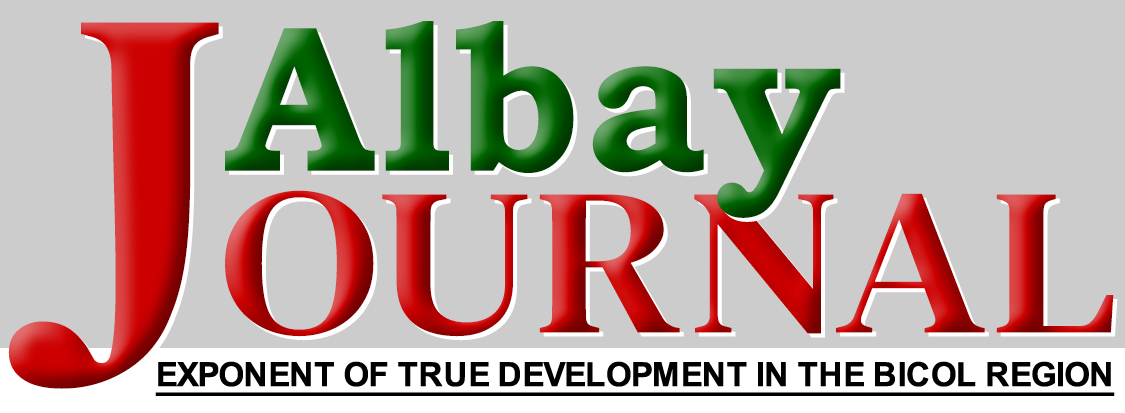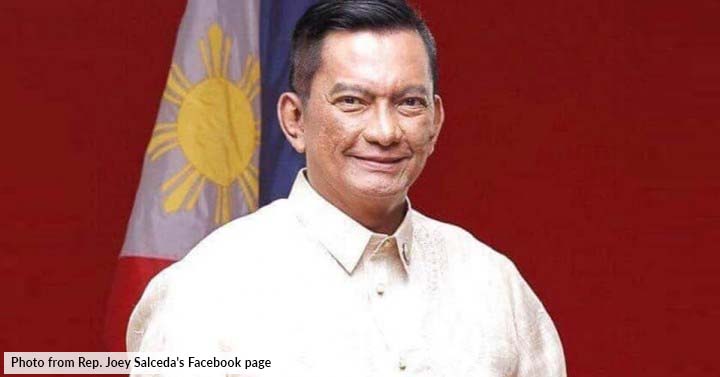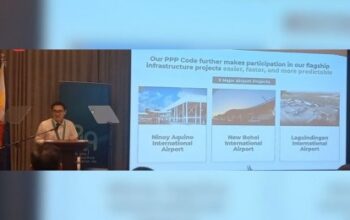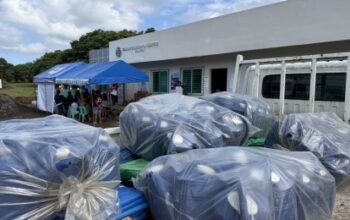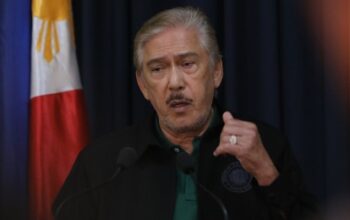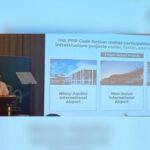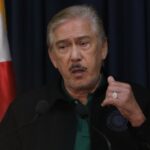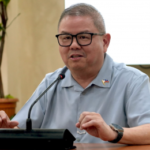House Ways and Means Chair Albay Rep. Joey Sarte Salceda has renewed his call to his colleagues in Congress to pass the “Bayan Bangon Muli” stimulus package which will also give President Ferdinand “Bongbong” Marcos Jr. special powers amidst the skyrocketing prices of food and basic commodities.
Salceda, in a media interview, said these special powers is integrated in his BBM stimulus package proposal, which among others aims, to curtail price increases.
“The BBM package concentrates on the special powers for the President that are essentially economic in character to prevent market abuse and in order to solve market rigidities,” he said.
“It’s a fine use of powers that are available within the constitution but they become special in a sense that it is being used to target inflation,” said Salceda whose proposal came after the country logged a 6.1% inflation rate, its fastest rate since 2018.
He said the proposal was already endorsed by incoming House Speaker Martin Romualdez — to the President’s economic managers. The proposed BBM bill package, which would be in effect for 18 months when enacted, includes the following special powers:
1) Anti-hoarding powers where no person will be allowed to accumulate materials designated by Marcos as scarce materials “in excess of the reasonable demands of business, personal, or home consumption, or for the purpose of resale at prices in excess of prevailing market prices, goods or services;
2) Power to provide loans and guarantees for suppliers of essential goods; 3) Anti-price-gouging powers which is not a price cap, but one that allows Marcos to stop the sale of goods at an “unconscionably excessive” prices;
3) Motu proprio powers to investigate perceived market abuse in the energy and essential goods sectors; 5) Transport emergency powers to let Marcos allow the use of “private roads, expedite public projects, conduct alternative. working arrangements, and temporarily control facilities around ports and airports to address supply bottlenecks;” and
6) Power to mobilize uniformed personnel to expedite programs and projects which would allow Marcos to tap the uniformed services to hasten the construction of infrastructure projects or ease transportation bottlenecks.
Salceda said there is a need to integrate “agriculture and food security in government training programs, expand DA farmer assistance programs, and mechanisms to manage food surpluses” to avoid wastage.
“I have also proposed means to expand supply through MSME assistance. We hope to make it easier for MSMEs that supply critical goods to register and set up shop by reducing documentary and administrative requirements, most irritatingly the now useless cedula,” he stressed.
“During the effectivity of the proposal (18 months), PBBM may also require a minimum petroleum inventory and have petroleum companies explain significant price changes,” Salceda added.
